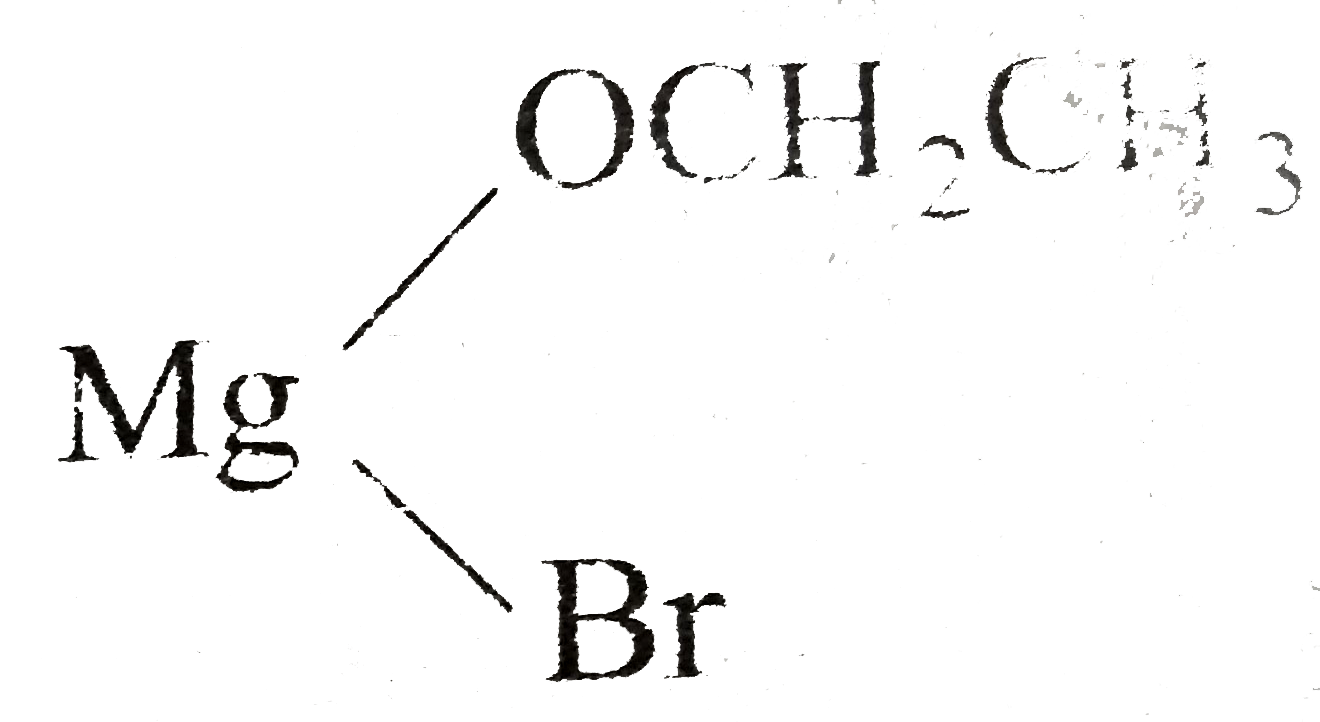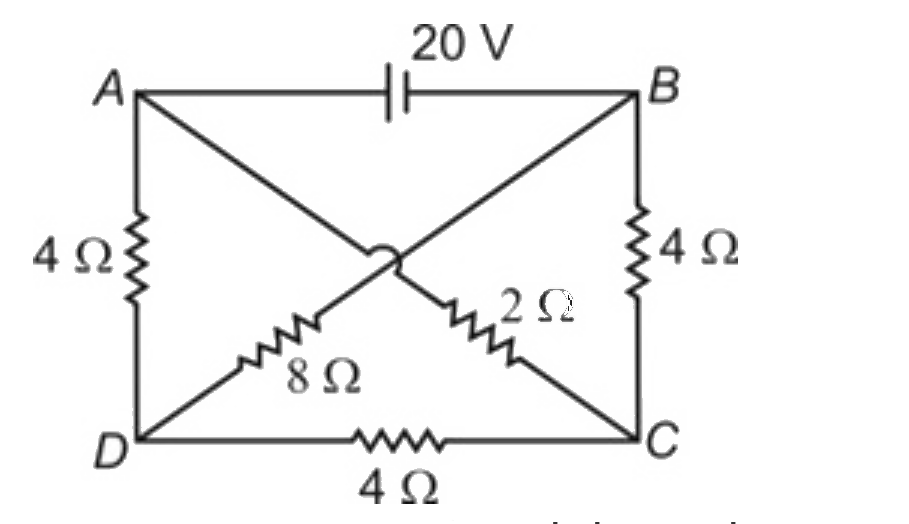Considering a group of positive charges, which of the following statements is correct?
Net potential of the system cannot be zero at a point but net electric field can be zero at that point
Net potential of the system at a point can be zero but net electric field can't be zero at that point.
Both the net potential and the net electric field cannot be zero at a point.
Both the net potential and the net field can be zero at a point.
The correct Answer is:A
To determine which statement is correct regarding a group of positive charges, we need to analyze the properties of electric potential and electric field.
1. Understanding Electric Potential and Electric Field:
- Electric potential (V) at a point in space due to a charge is a scalar quantity. It can be defined as the work done in bringing a unit positive charge from infinity to that point.
- The electric field (E) is a vector quantity that represents the force experienced by a unit positive charge placed in the field. It is defined as the gradient (or rate of change) of electric potential.
2. Analyzing the Statements:
- The first statement claims that the net potential of the system cannot be zero at a point, but the net electric field can be zero at that point.
- For a system of positive charges, the electric potential due to each charge is always positive. Therefore, at any point in space, the net potential due to a group of positive charges cannot be zero, as it is the sum of positive values.
- However, the electric field can indeed be zero at certain points. For example, if the charges are arranged symmetrically, there can be points where the electric fields due to different charges cancel each other out.
3. Conclusion:
- The first statement is correct: the net potential cannot be zero (since it is the sum of positive contributions), but the electric field can be zero at certain points due to cancellation.
Final Answer:
- The correct statement is: The net potential of the system cannot be zero at a point, but the net electric field can be zero at a point.
---
- Electric potential (V) at a point in space due to a charge is a scalar quantity. It can be defined as the work done in bringing a unit positive charge from infinity to that point.
- The electric field (E) is a vector quantity that represents the force experienced by a unit positive charge placed in the field. It is defined as the gradient (or rate of change) of electric potential.
- The first statement claims that the net potential of the system cannot be zero at a point, but the net electric field can be zero at that point.
- For a system of positive charges, the electric potential due to each charge is always positive. Therefore, at any point in space, the net potential due to a group of positive charges cannot be zero, as it is the sum of positive values.
- However, the electric field can indeed be zero at certain points. For example, if the charges are arranged symmetrically, there can be points where the electric fields due to different charges cancel each other out.
- The first statement is correct: the net potential cannot be zero (since it is the sum of positive contributions), but the electric field can be zero at certain points due to cancellation.
- The correct statement is: The net potential of the system cannot be zero at a point, but the net electric field can be zero at a point.
Topper's Solved these Questions
Similar Questions
Knowledge Check
- Question 1 - Select One
Which of the following statement is not correct about group-16?
AO2 is a diatomic moleculeBHydrogen bonding is present in H2OCSulphur shows covalency of 3DAll elements react with halogens. - Question 2 - Select One
Consider the nitrogen atom is amines, which on of the following statement is correct ?
AIt is sp3 - hybridisedBIt is sp2 - hydridisedCIt is sp3-hydridisedDIt is sp2 - hydridised - Question 3 - Select One or More
Consider the structures:

Which of the following statements are correct?ABasic stength of II is greater than IBBasic strength of II is less than that of ICBasic strength of IV is greater than IIIDBasic strength of IV is less than that of III
Which of the following statements (s) is/are correct for group-II metals
View SolutionConsider the following reaction,
 which of
which of
the following statements is (are) correct ?View SolutionThe dispersed phase in colloidal iron (III) hydroxide and colloidal gold is positively and negatively charged respectively. Which of the following statements is not correct?
View SolutionThe dispersed phase in colloidal iron (III) hydroxide and colloidal gold is positively and negatively charged respectively. Which of the following statements is not correct?
View SolutionWhich of the following statements is CORRECT about carboxyl group ?
View Solution



